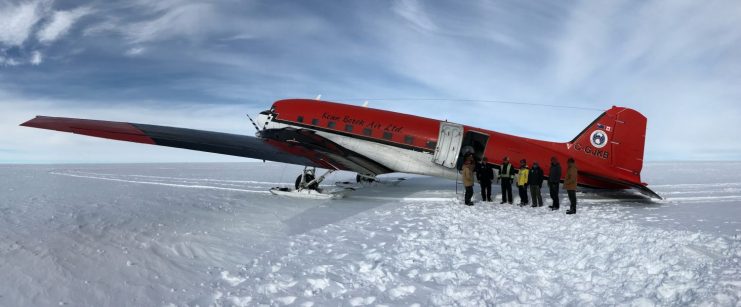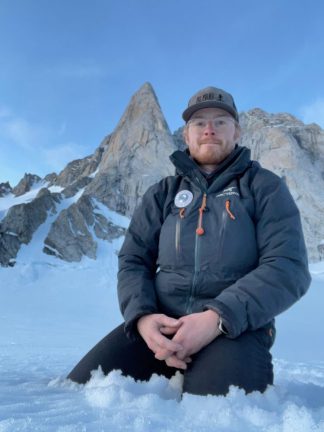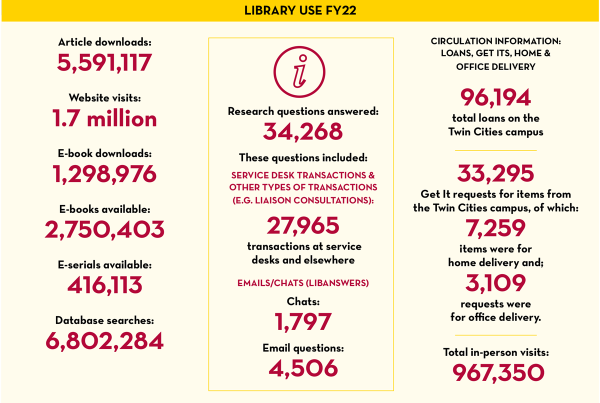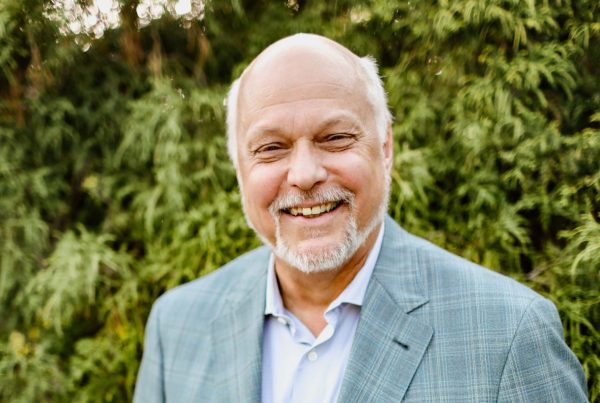In celebration of Open Access Week and in light of the 2022 theme, “Open for Climate Justice”, we are excited to share a series of interviews with UMN faculty who work at the intersection of climate and justice and make their work open access. Peter Neff is an assistant research professor at the University of Minnesota and Director for Field Research and Data for the Center for Oldest Ice Exploration (COLDEX), a National Science Foundation funded Science and Technology Center pursuing the oldest ice core climate records found in Antarctica. Peter also leads ice coring efforts in the Coast Mountains of British Columbia at Mount Waddington, and is developing new multi-century ice core records along the Pacific coastline of West Antarctica. You might also know him from his social media efforts as Icy Pete…
This interview has been lightly edited for clarity.
As I mentioned, the theme for Open Access week is “open for climate justice”. Could you speak briefly to how your research directly or indirectly involves climate justice?
My work more indirectly interacts with climate justice, but certainly very directly is dedicated to open access / open and F.A.I.R. [Findability, Accessibility, Interoperability, and Reuse] data principles. This is not only to meet the highest ideals of the scientific endeavor, which rests on reproducibility of our results, but also to ensure that all people have equal access to the scientific knowledge (i.e., data) that is produced by federally-funded research! As Director for Field Research and Data for the new Center for Oldest Ice Exploration (COLDEX), a National Science Foundation-funded Science and Technology Center, I’m excited to help ensure our critical climate data is quickly conveyed to the public not only in academic publications but also in public data archives.
I know that a lot of your work involves getting climate information to the public. How does Open Access (OA) play a role in this for you?
OA is crucial for climate data, particularly in the United States where our scientific community and federal agencies produce some of the highest-quality and wide-reaching observations of climate change in the world. Thankfully, agencies like NASA are also world leaders in quickly making their results available not only to the US public, but anyone on the planet. I’m proud to be funded by NASA to investigate some of the data that only they have the capability to produce, observing our changing cryosphere particularly in Antarctica, where much of my focus lies.
What impacts have you seen as a result of publishing your articles OA? (e.g., collaborations, changes in policy)
I unfortunately have only begun to publish OA articles, but I’ve been glad to see some of my articles that were formerly behind a paywall become OA once disciplinary journals (such as Journal of Glaciology, a core publication in my discipline) dedicate themselves to becoming fully OA. A remaining challenge here is the business model of academic journals and the large publication costs that academics face in order to publish in OA journals (some costs are truly eye-popping and reach the 5-figure level). This itself becomes a climate justice/equity issue, as not all academics from all institutions are able to meet these sometimes astronomical OA publishing fees.
What would you tell other researchers to encourage them to publish OA?
You want your data to be OA and meet F.A.I.R. data principles so that more people see, interact with, and build on your results! Support access for all and ensure your results see more daylight than they would hidden behind paywalls.
[Editor note: There are many ways you can make your work OA without paying a fee! See So, you want to make your work open access?. Contact your liaison librarian or openaccess@umn.edu for more information!]






